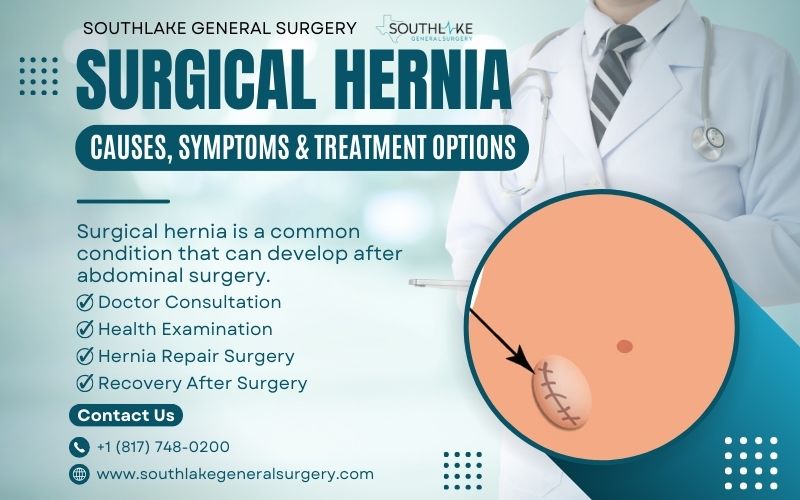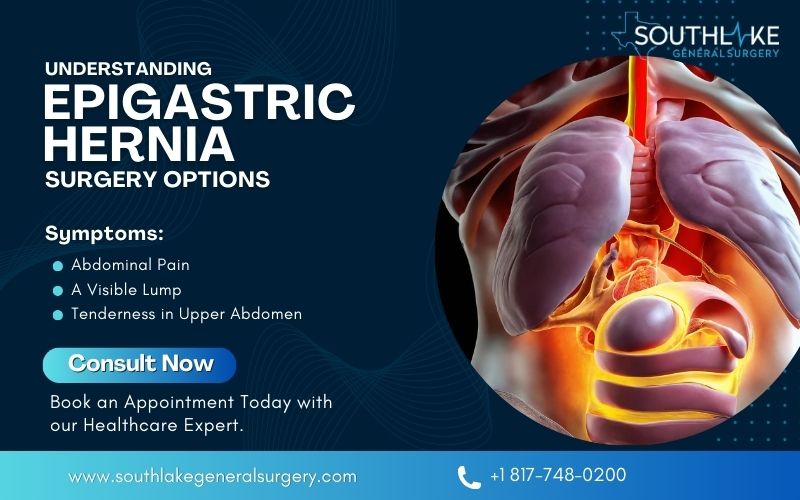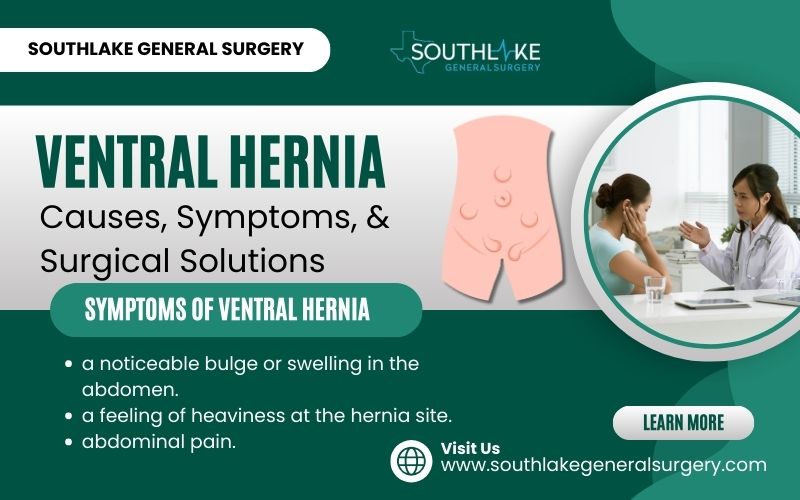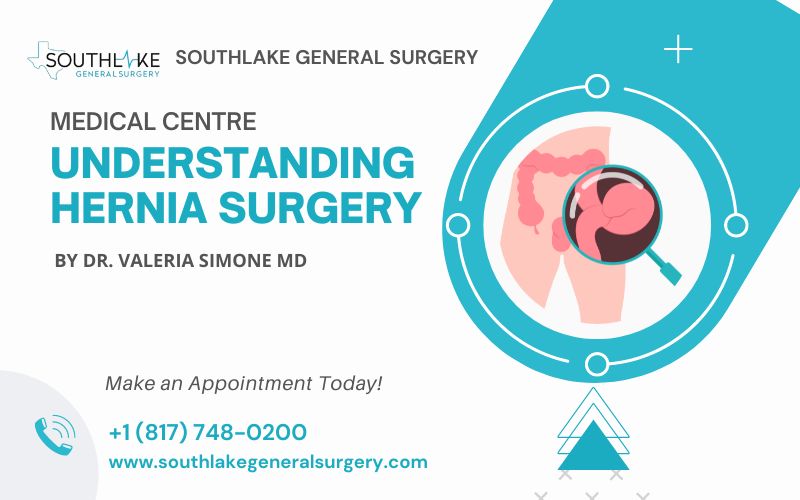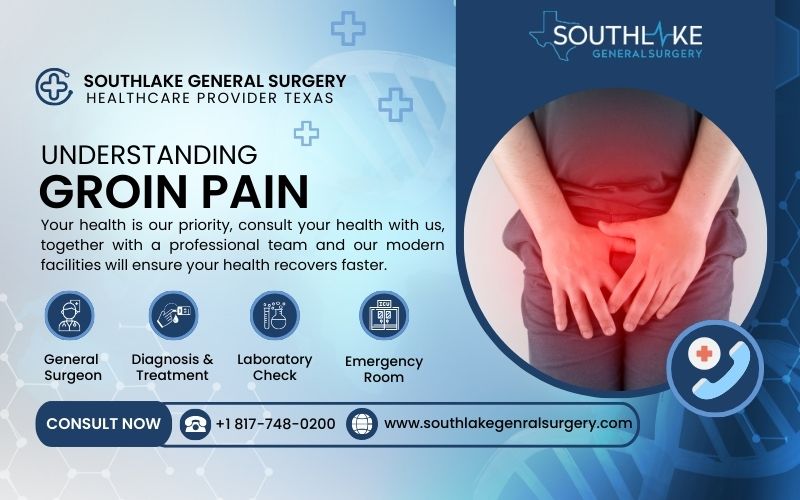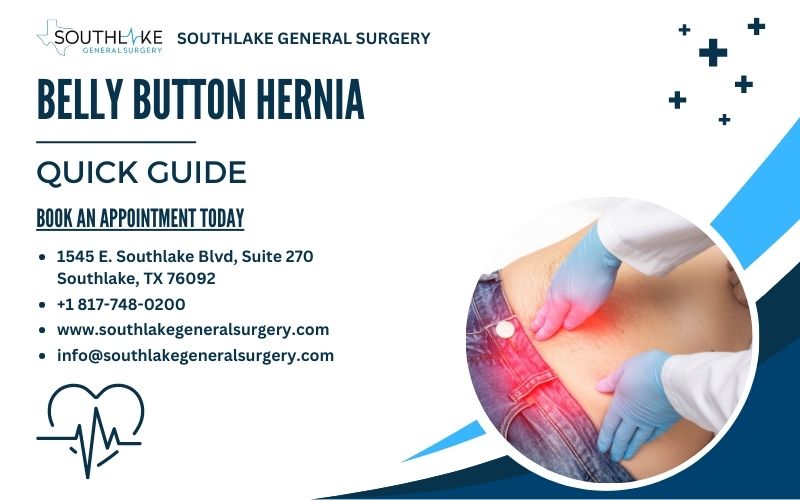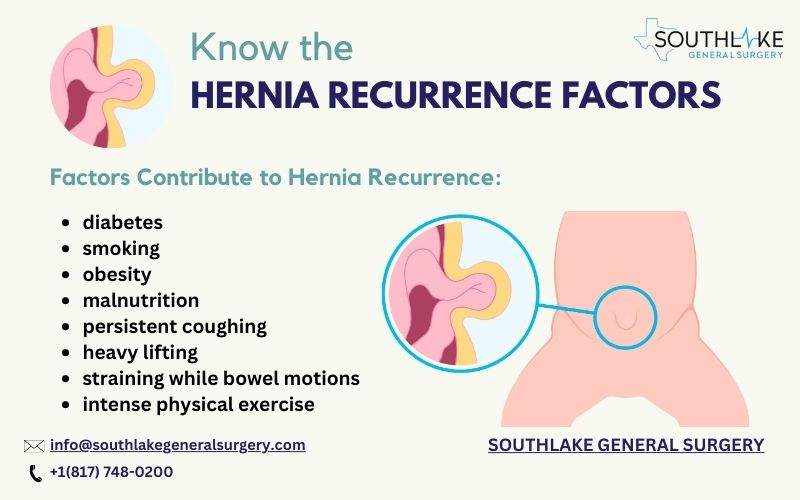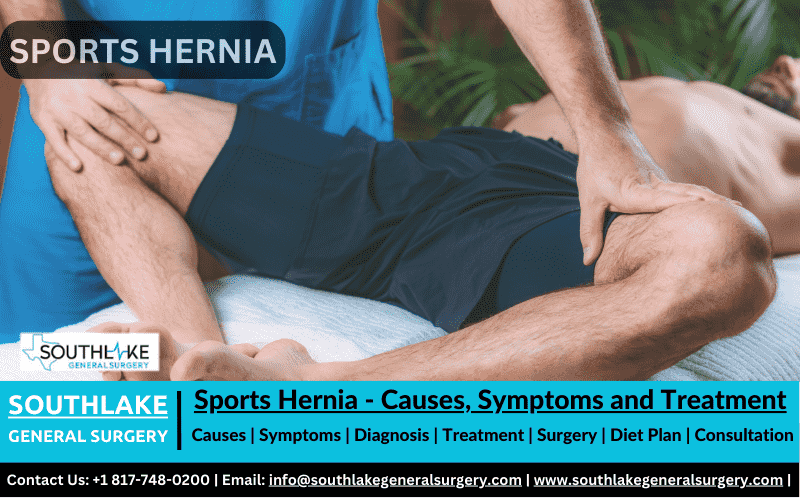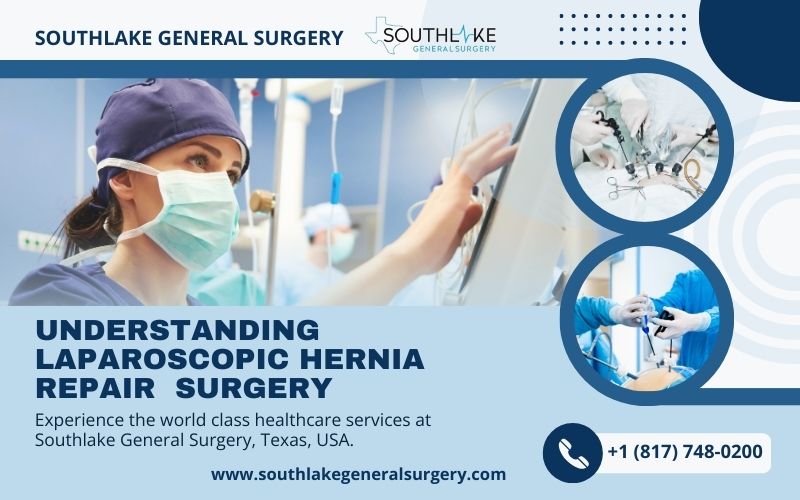Surgical hernia is a common health condition that can develop after abdominal surgery. They occur when there is a weakening or opening in the abdominal wall, allowing tissue or organs to protrude.
Read More →
Infant hernia, specifically umbilical hernias, are a common condition that affects many newborns, babies, and young children. It occurs when part of the intestine protrudes through the opening in the abdominal muscles near the belly button (umbilicus).
Read More →
Epigastric hernia surgery may be necessary if the hernia is causing symptoms such as pain, discomfort, or difficulty with daily activities. The type of surgery recommended will depend on the size and location of the hernia, as well as the patient’s overall health.
Read More →
Ventral hernias are a prevalent issue where the intestines or other tissues protrude through a weak spot or opening in the abdominal wall. These hernias can cause discomfort, pain, and potential complications if left untreated.
Read More →
Hernia surgery is the most common treatment for hernias and is often the only remedy. Surgery involves repositioning the herniated tissue and reinforcing the weakened area with sutures or surgical mesh.
Read More →
Choosing the best hernia repair surgeon is like picking a key that opens the door to a life free from the discomfort and inconvenience of hernias. It’s about entrusting your health to a professional who has the experience, skills, and compassion to ensure a safe and successful hernia repair.
Read More →
Groin pain can happen to anyone, and it’s essential to understand its causes to seek proper treatment sooner. Imagine going for a run and suddenly feeling a very sharp pain or nagging pain in the groin area, making each step unbearable.
Read More →
An “umbilical hernia”, also referred to as a “belly button hernia”, is a common health condition that has attracted significant attention. Both adults and infants may experience discomfort and worry due to this condition, which is frequently visually identifiable by a protrusion near the navel.
Read More →
Effective pain management after hernia surgery is critical for the recovery process, allowing patients to rest comfortably and engage in light physical activity as soon as possible.
Read More →
Hernia surgery recovery is an important part of the overall process of getting better. Patients who have undergone hernia surgery are responsible for taking the appropriate measures to ensure that their recovery proceeds according to plan.
Read More →
A hernia recurrence is an unfortunate complication that is possible to have after having hernia repair surgery. The recurrence of a hernia can be caused by several reasons, some of which are the patient’s age, gender, and general state of health.
Read More →
Modern Hernia surgery and the usage of mesh today have come a long way from their infancy, embracing various advances in technology and medical expertise. The development and broad adoption of surgical mesh have been a game-changer in medicine in the last few decades.
Read More →
In recent years, laparoscopic and open hernia repair surgery has gained popularity since they offer patients more treatment options. When the two approaches are compared, one can notice that there are significant differences between their surgical procedures, the amount of time needed for recuperation, and the risks that may be involved.
Read More →
A sports hernia, also known as athletic pubalgia, is a disorder that can be painful and is frequently debilitating. It is common among athletes and other people who engage in strenuous physical activity. This injury happens when there is a weakening or tear in the muscles, tendons, or ligaments of the lower abdominal or groin area, causing acute pain and limited movement.
Read More →
Laparoscopic hernia repair surgery is a surgical method used to treat abdominal wall hernias. This is a minimally invasive surgical procedure. During this process, the patient’s abdomen will be punctured with a few tiny holes to make room for the insertion of a thin, lighted tube known as a laparoscope.
Read More →
An organ or tissue that has become trapped in a hernia and cannot be pulled back into the abdomen is known as incarcerated hernia. This is a serious medical condition that requires immediate medical attention as it can cause extreme pain, swelling, and even internal bleeding.
Read More →
